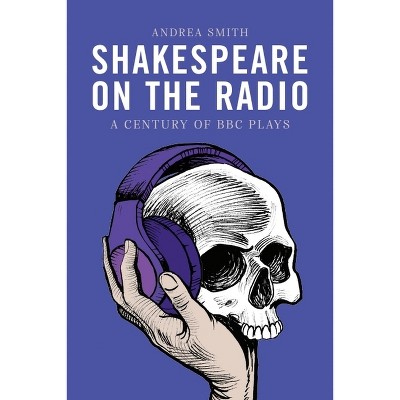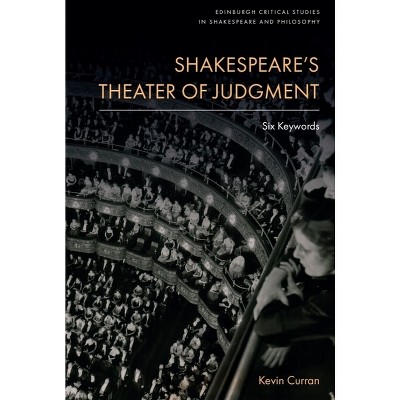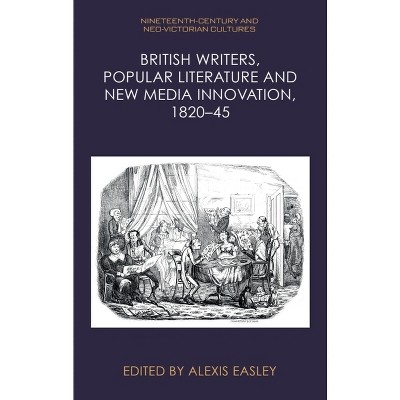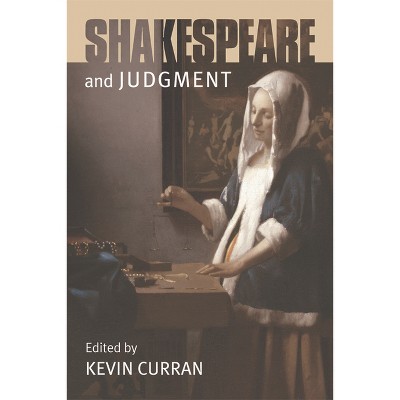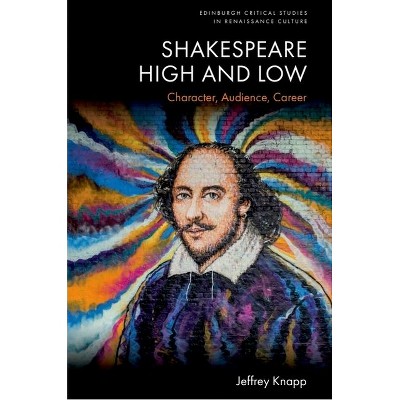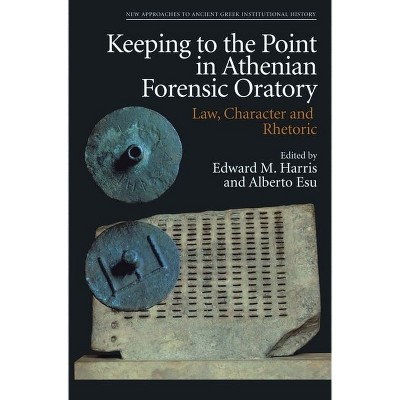Generic Innovation in Shakespeare and His Contemporaries - by Edward Gieskes (Hardcover)

About this item
Highlights
- This book investigates generic change in early modern theatre across multiple genres, unlike much other scholarship, attempting to understand change and innovation in terms of competition within the dramatic field.
- About the Author: Edward Gieskes is associate professor of English at the University of South Carolina, Columbia.
- 312 Pages
- Literary Criticism, European
Description
About the Book
Revises current thinking about how genre operates in early modern theatreBook Synopsis
This book investigates generic change in early modern theatre across multiple genres, unlike much other scholarship, attempting to understand change and innovation in terms of competition within the dramatic field. It draws on the work of Bakhtin and Bourdieu as well as theatre history, book history, and literary criticism to advance its argument about generic change and innovation.
From the Back Cover
[headline]Offers a new account of generic innovation in the drama of Early Modern England Traditional accounts of the development of the early modern stage describe a movement from crude and formless plays written in clunky or antiquated language to the blank verse drama of the later 1580s, which in turn leads to the theatre's apotheosis in the advent of Shakespeare. Discarding this teleological narrative and taking methodological cues from Pierre Bourdieu and Mikhail Bakhtin, Edward Gieskes strives to understand generic change in terms of particular moments of change, rather than in terms of a narrative whose ending is already known. Examining a series of moments where the generic system appears to have shifted, Edward Gieskes seeks to uncover how genre functioned in early modern theatre across multiple genres and to understand change and innovation in terms of competition within the dramatic field. [bio]Edward Gieskes is Associate Professor of English at the University of South Carolina, Columbia. His publications include Representing the Professions (2006) and Writing Robert Greene: New Essays on England's First Notorious Professional Writer (with Kirk Melnikoff, 2008).Review Quotes
Generic Innovation in Shakespeare and His Contemporaries casts the familiar category of genre in a new light. It will help scholars and students of early modern drama use that category as early modern dramatists did -- with an emphasis on its creative potential, not its limitations.--Jeremy Lopez, Montclair State University "Early Theatre"
For Gieskes, early modern dramatic genres are social: not things to be understood in relation to abstract formal ideals, but processes negotiated within the dynamic contexts of literary production. His rich and wide-ranging book shows how the innovations of Shakespearean drama were the product both of a competitive theatrical marketplace and of a broader, complex, and deeply self-conscious poetic environment.--Tom Rutter, University of Sheffield
About the Author
Edward Gieskes is associate professor of English at the University of South Carolina, Columbia. He is the author of the monograph Representing the Professions (Delaware, 2006) and co-edited (with Kirk Melnikoff) Writing Robert Greene: New Essays on England's First Notorious Professional Writer (Ashgate, 2008). Recent publications include: "Material and Institutional Contexts of Early Modern Drama: An A-Z" in the Arden Handbook to Shakespeare and Early Modern Drama (Arden Shakespeare, 2022), "'materia conveniente modis' Ovid and Drama" in Ovid and Adaptation in Early Modern English Theater (Edinburgh University Press, 2019), "Rumour's Household: Truth, Memory, Fiction, History" in Shakespeare and Memory (Routledge, 2017), and "Learning and Teaching Resources: History, Politics, and Edward II" (Arden Shakespeare, 2017).
Shipping details
Return details
Trending Fiction






